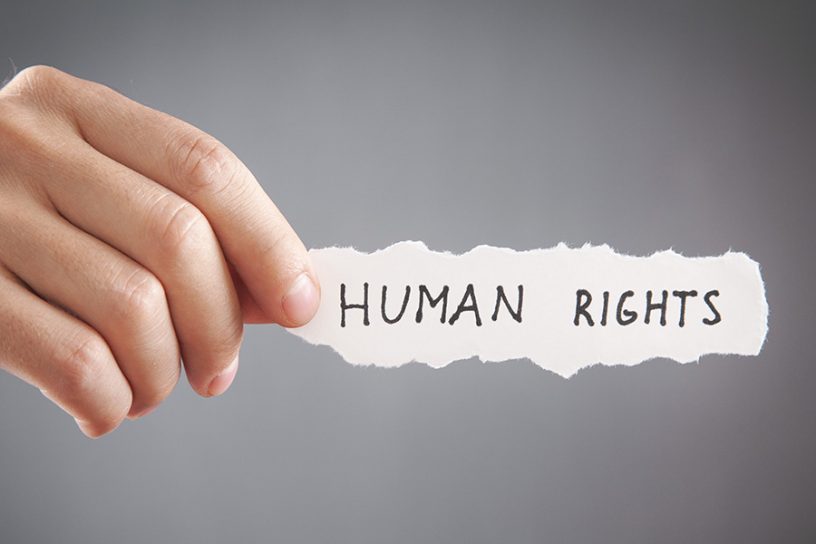
The findings indicate that Slovakia’s democratic parliamentarians prioritized public health considerations framed in terms of security and effectiveness rather than rights, while extreme political actors became outspoken critics of emergencies, referring to human rights.
Author
Max Steuer, Assistant Professor, Jindal Global Law School, O.P. Jindal Global University, Sonipat, Haryana, India; Department of Political Science, Comenius University in Bratislava, Bratislava, Slovakia.
Summary
During the COVID-19 pandemic, the protection of public health became a political priority worldwide. Slovakia’s COVID-19 response was initially praised as a global success. However, major rights restrictions were introduced in spring 2020, with some of these endorsed by the parliament.
This article uses Rossiter’s and Schmitt’s concepts of the exception and Agamben’s distinction between life and survival to highlight the risks pertaining to the framing of the protection of public health as contradictory to human rights guarantees.
It investigates how human rights were discussed by Slovak parliamentarians in relation to key legislation, that introduced a COVID-19 contact tracing app and allowed repeated prolongation of health emergencies by the executive with parliamentary approval.
The findings indicate that democratic parliamentarians prioritized public health considerations framed in terms of security and effectiveness rather than rights, dissociating biological survival from political life.
In contrast, extreme political actors became outspoken critics of emergencies, referring to human rights. As such, the deliberations represent a missed opportunity by democratic legislators to justify public health protection via a human rights lens and risk undermining democracy in Slovakia.
Published in: Laws
To read the full article, please click here.


